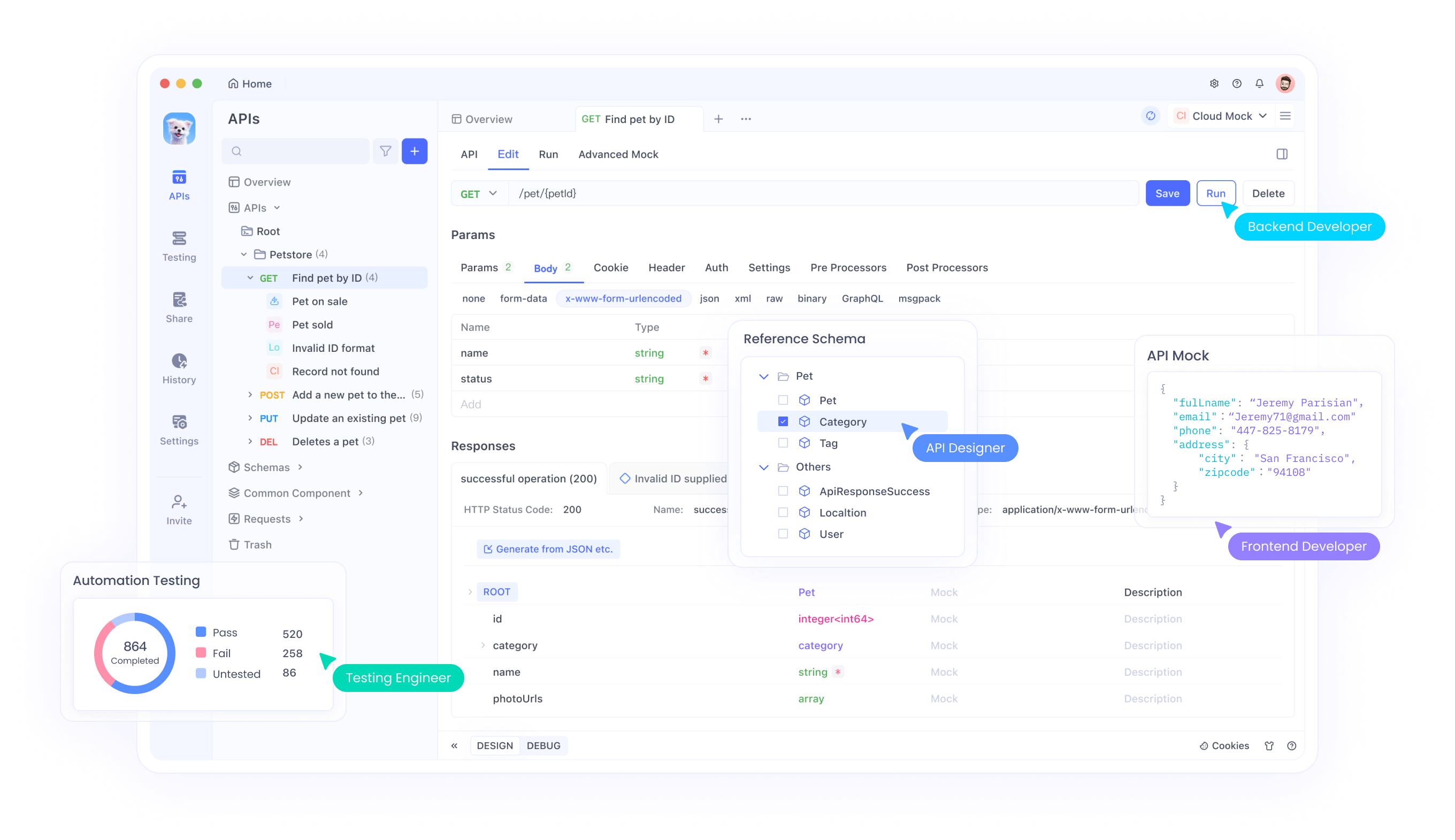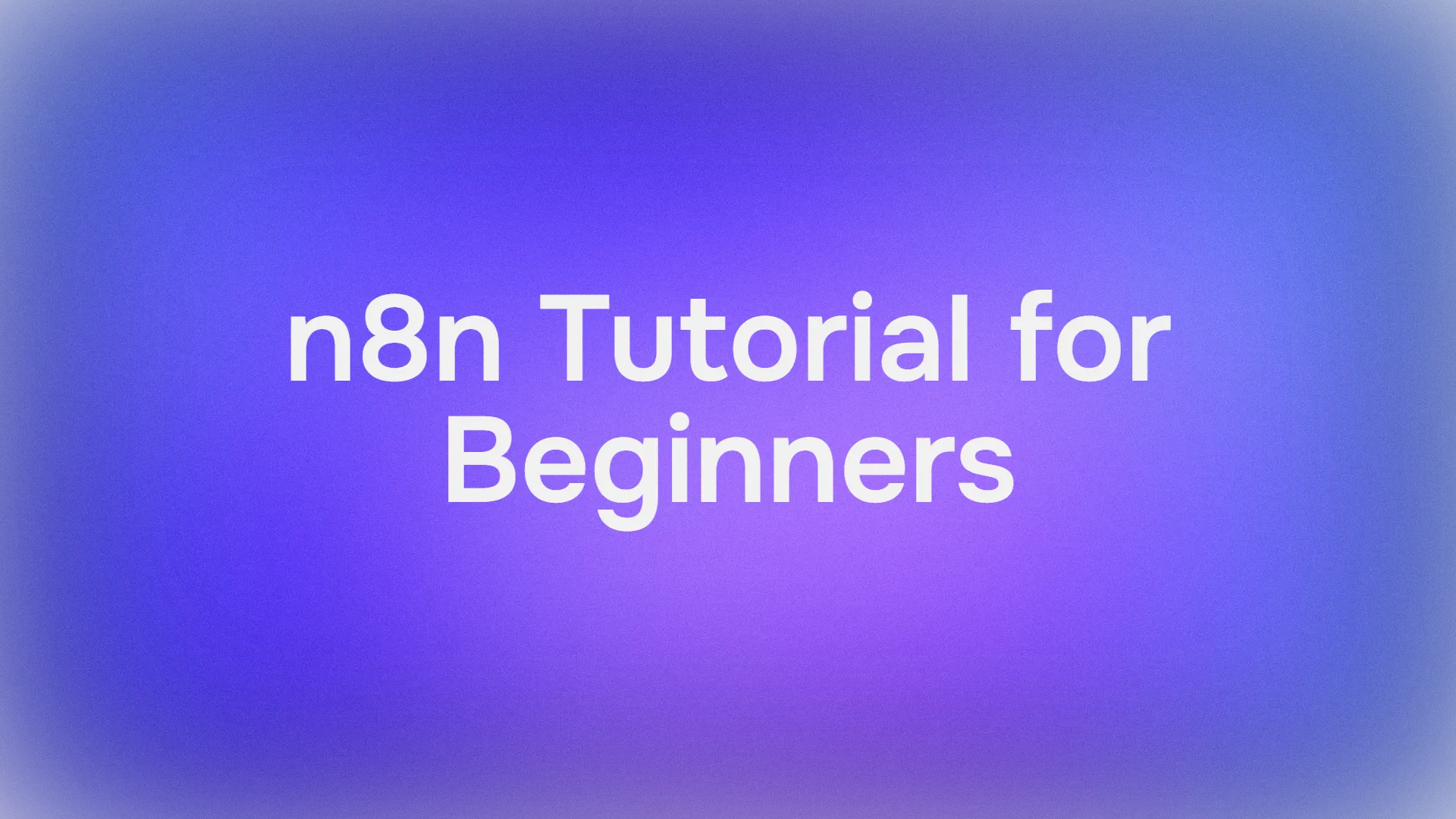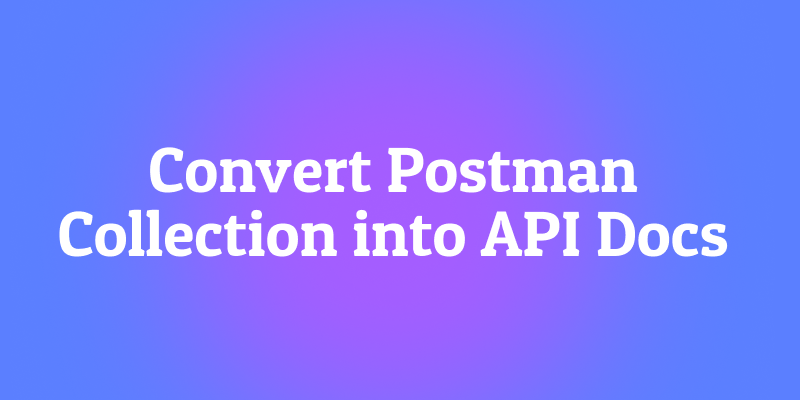Developers constantly seek tools that boost productivity in API development. The Postman Claude Skill emerges as a notable integration, combining the strengths of Postman with Claude AI to handle complex tasks like security audits and collection management. This skill allows Claude to interact directly with Postman collections, offering insights that save time and reduce errors. As teams adopt AI-assisted workflows, such integrations prove essential for maintaining secure and efficient APIs.
Furthermore, the open-source nature of the Postman Claude Skill invites community contributions, fostering innovation in AI-API synergies. Engineers use this skill to automate routine checks, ensuring APIs meet high standards without manual oversight. However, understanding its core mechanics requires examining the broader Claude Skills framework first.
Understanding Claude Skills: The Foundation for Specialized AI Tasks
Anthropic introduces Claude Skills as modular components that equip Claude AI with targeted expertise. These skills consist of folders containing instructions, scripts, and resources, which Claude loads on demand during task execution. Developers create skills to handle repetitive processes, such as generating documents or analyzing codebases, thereby enhancing Claude's adaptability.

Claude scans available skills to determine relevance, then accesses only the necessary elements to maintain performance. For instance, a skill might include Python scripts for data processing or markdown templates for reporting. This approach ensures Claude operates efficiently, avoiding unnecessary computations.
Moreover, skills support composability, where multiple skills combine to tackle multifaceted problems. A developer might pair a branding skill with a reporting one to produce styled documents automatically. In coding environments, Claude Code integrates these skills via plugins, allowing terminal-based interactions that automate workflows like linting or diagram generation.
What Is the Postman Claude Skill?
The Postman Claude Skill represents an open-source tool that bridges Claude AI with Postman, a leading platform for API development and testing. It empowers Claude to analyze Postman collections, focusing on security, authentication, and optimization. Developers employ this skill to identify vulnerabilities, recommend improvements, and manage API elements programmatically.
Specifically, the skill targets tasks like reviewing authentication configurations in collections. Claude examines auth types, such as OAuth or API keys, and suggests enhancements to bolster security. It also identifies unsecured endpoints, flagging those lacking proper encryption or access controls.
The skill provides security recommendations tailored to the collection's structure. For example, it might advise implementing rate limiting or token expiration to mitigate risks. This functionality stems from scripts within the skill folder that parse JSON exports from Postman.
Postman Claude Skill addresses common pain points in API workflows. It integrates seamlessly with Claude's ecosystem, allowing developers to invoke it via natural language prompts. The open-source release encourages modifications, with the community sharing enhancements on platforms like GitHub.
Key Features of the Postman Claude Skill
The Postman Claude Skill offers a suite of features designed for technical precision in API handling. First, it enables authentication review, where Claude scans collections to detect inconsistencies in auth setups. Developers receive detailed reports on potential weaknesses, such as outdated tokens or missing headers.
Second, security settings analysis forms a core component. The skill evaluates endpoints for compliance with standards like HTTPS enforcement and CORS policies. It generates actionable insights, helping teams align with industry regulations.
Third, identification of unsecured endpoints occurs through systematic parsing. Claude flags requests vulnerable to attacks, such as SQL injection or XSS, based on pattern recognition in the collection data.
Moreover, the skill delivers personalized security recommendations. For instance, it might propose switching to JWT for better scalability or adding multi-factor authentication layers.
In addition, collection management tools allow reorganization. Claude can group requests by functionality, optimize variables for reuse, and eliminate redundancies, improving overall maintainability.
Furthermore, integration with Claude Code extends its utility. Developers run the skill in terminal sessions to automate batch analyses on multiple collections.
Consequently, these features position the Postman Claude Skill as a vital asset for secure API development. Users report significant time savings, as manual reviews give way to AI-driven efficiency.
Installation and Setup Guide for Postman Claude Skill
Installing the Postman Claude Skill begins with accessing the open-source repository. Developers download the zipped folder from the provided links, typically hosted on GitHub or community forums.
Next, ensure Claude's Code Execution Tool is enabled in your account settings. This beta feature allows safe script running within skills.
Then, upload the skill via the Claude interface. In the chat sidebar, select "Capabilities" and drag the ZIP file into the upload area. Claude processes it, confirming installation.
Additionally, configure Postman integration by exporting collections as JSON files. Place these in a project directory where Claude Code operates.
For Claude Code users, install via the /plugins command. Search for "Postman Claude Skill" in the marketplace and click install. This adds it to your ~/.claude/skills folder.
Moreover, test the setup with a simple prompt, such as "Review authentication in my API collection." Upload the JSON file, and Claude invokes the skill.

However, dependencies like Python libraries (e.g., for JSON parsing) must be available in Claude's environment. The skill handles most imports internally.
Therefore, setup completes in minutes, granting immediate access to AI-enhanced API tools.
Practical Usage Examples of Postman Claude Skill
Developers apply the Postman Claude Skill in various scenarios. For example, during a security audit, upload a collection JSON and prompt: "Identify unsecured endpoints." Claude lists vulnerable requests with explanations.
In another case, teams use it for authentication optimization. Prompt: "Check auth configurations and recommend improvements." The skill outputs a report detailing switches from basic auth to more secure alternatives.
Furthermore, for collection management, say: "Organize requests by endpoint type." Claude restructures the file, grouping GET, POST, etc., for better navigation.
Additionally, in collaborative environments, developers share modified skills. One might extend it to include performance metrics, prompting: "Analyze response times in the collection."
In Claude Code, integrate with git workflows. Prompt: "Generate a security report for changes since last commit." The skill processes diffs, highlighting new risks.
Consequently, these examples demonstrate the skill's versatility, turning complex tasks into straightforward interactions.
Benefits for API Developers and Teams
API developers gain substantial advantages from the Postman Claude Skill. It accelerates security assessments, reducing manual effort by automating scans.
Moreover, it promotes best practices, as Claude's recommendations align with current standards, minimizing compliance issues.
Teams benefit from consistency, ensuring all members follow uniform protocols through shared skills.
Furthermore, productivity rises, with reports indicating 35-50% gains in task completion times.
In addition, open-source aspects foster innovation, allowing customizations for specific needs like industry regulations.
However, the skill also enhances learning, as developers study its scripts to understand advanced API concepts.
Therefore, it serves as both a tool and an educational resource in technical environments.
Comparing Postman Claude Skill with Alternatives: Spotlight on Apidog
While the Postman Claude Skill excels in AI-driven analysis, alternatives like Apidog offer complementary capabilities. Apidog provides an all-in-one API platform, supporting design, testing, and documentation at a lower cost than Postman.

For instance, Apidog handles multiple request types efficiently, unlike Postman's limitations in processing. It imports Postman collections seamlessly, generating beautiful docs automatically.
Moreover, Apidog's collaborative features enable real-time updates, ideal for teams using AI skills.
In comparison, Postman focuses on ecosystem breadth, but Apidog emphasizes speed and affordability, starting at $9/month.
Furthermore, Apidog automates tests with clicks, contrasting Postman's more manual flows.
Consequently, developers might pair the Postman Claude Skill with Apidog for a hybrid approach, leveraging AI insights alongside robust testing.
Community Feedback and Open-Source Contributions
The community embraces the Postman Claude Skill, praising its security focus in forums. Users share extensions, such as adding mock server integrations.
Moreover, open-sourcing sparks contributions, with pull requests enhancing features like multi-collection support.
Feedback highlights ease of use, though some note setup hurdles for novices.
Additionally, videos demonstrate workflows, amplifying adoption.
Therefore, community involvement ensures ongoing evolution.
Potential Drawbacks and Limitations
Despite strengths, the Postman Claude Skill has limitations. It relies on accurate JSON exports, risking errors from malformed files.
Moreover, as a beta feature, code execution may introduce security concerns if skills come from untrusted sources.
Furthermore, it lacks native support for all Postman elements, like advanced mocks, requiring custom extensions.
However, these issues diminish with updates and community fixes.
Conclusion
The Postman Claude Skill stands out as a powerful tool for API security and management, integrating seamlessly with Claude AI. Developers harness its features to streamline workflows, backed by open-source flexibility. While alternatives like Apidog offer additional testing prowess, this skill remains essential for AI-enhanced Postman users. Adopting such innovations positions teams for success in evolving technical landscapes.




